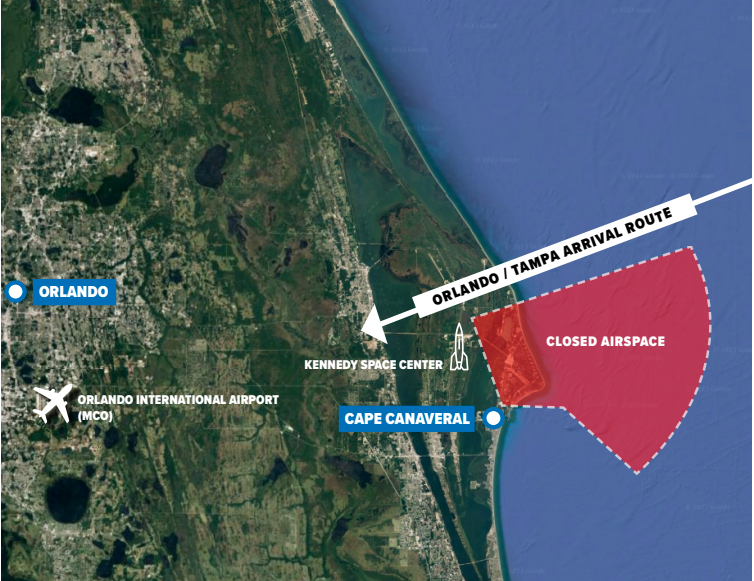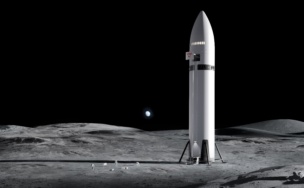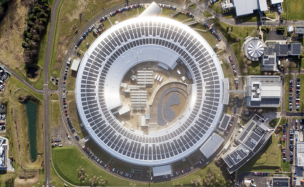Lawmakers are trying to make sure the growing pace of commercial space launches can peacefully coexist with commercial air travel.
The Securing Growth and Robust Leadership in American Aviation Act, which addresses the fight over shared airspace, passed the House on Thursday by a 351-69 vote, sending the bill to be considered by the Senate.
Working in harmony
More rockets lifting off also means more airspace closures, causing headaches and disruptions for pilots trying to get passengers to their final destination on time.
The FAA announced changes last month to keep more airspace open during Florida launches, resulting in fewer delays and re-routed flights. But Congress wants the agency to do more.
The bill would authorize $10M annually from fiscal 2024 through 2028 for the FAA to quickly develop ways to share data in near-real time, allowing commercial air traffic and space launches to more seamlessly share the airspace. Congress is asking the FAA to have this improved system in place by the end of 2026.
Spaceport spotlight
Under the bill, airports would be eligible to get grants under the Airport Improvement Program for construction to support launch and re-entry operations. The airport must meet certain criteria, including being a certified launch or re-entry site, having a large enough runway, and certifying that the full runway is required for spaceport activities.
The bill would also extend a 2018 reporting requirement for biannual updates to Congress on US and international spaceport infrastructure until 2028.
By the numbers
The bill would require the transportation secretary to begin tracking commercial space statistics the same way the department currently tracks commercial air travel. Specifically, the department would need to collect and disseminate data on the number of:
- Authorized launches and re-entries
- Space flight participants, and
- Payloads launched, plus their mass
What’s next: Congress is facing a tight deadline to finish the bill and send it to the president’s desk. The current FAA authorization bill expires Sept. 30.





